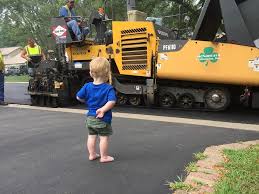01 Jun Everyone Is Responsible For Safety
Everyone Is Responsible For Safety Safety is everyone's responsibility! As an employee, you should: Learn to work safely and take all rules seriously. Recognize hazards and avoid them. Report all accidents, injuries and illness to your supervisor immediately. Inspect tools before use to avoid injury. Wear all assigned personal protective equipment. On the other hand, it is management's responsibility to: Provide a safe and healthy workplace. Provide personal protective equipment. Train employees in safe procedures and in how to identify hazards. Everyone must be aware of potential hazards on the job: Poor housekeeping results in slips, trips and falls. Electricity can cause...











